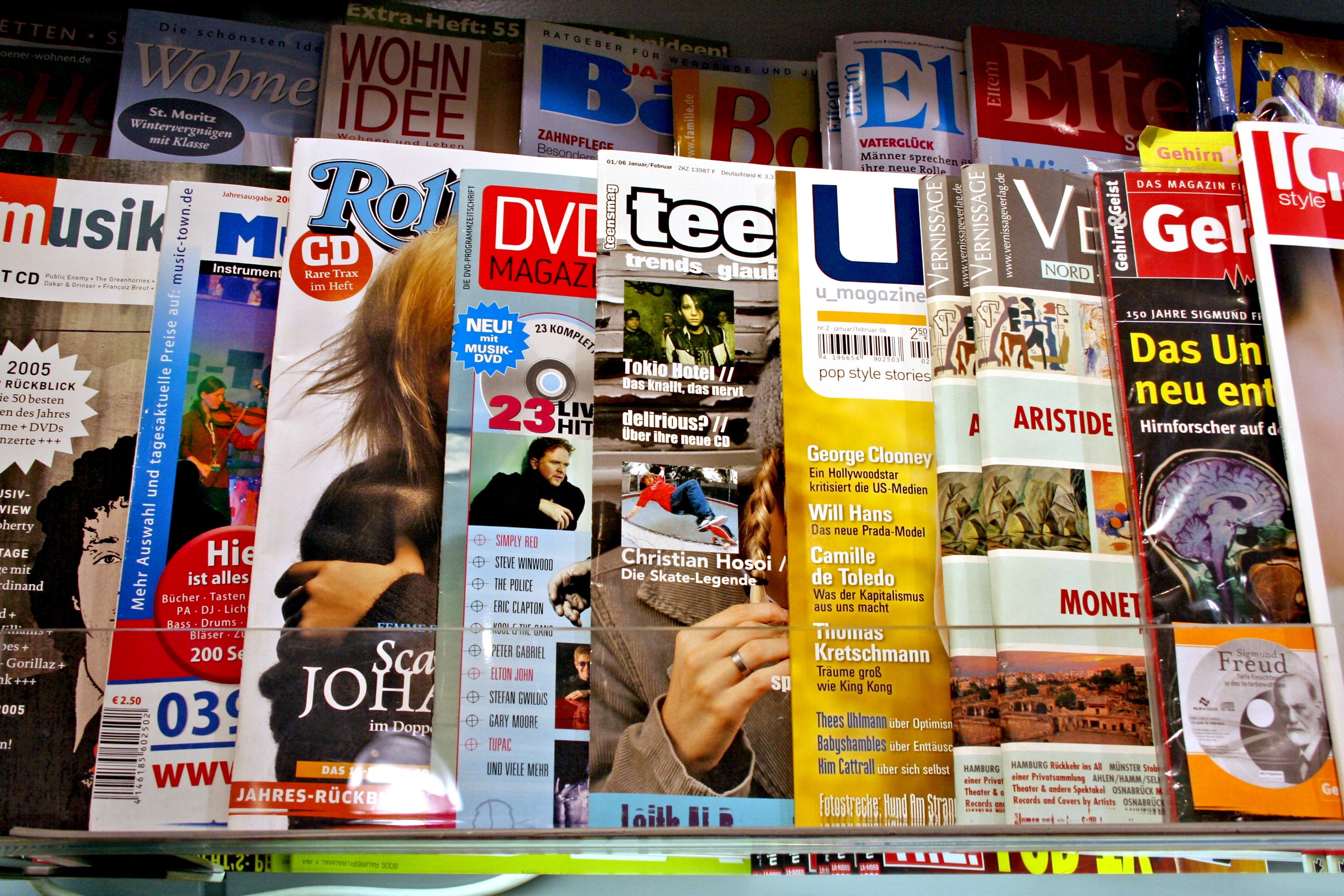
One of my former history professors researches and writes on sexuality and expression during the interwar period in Great Britain. In her book, Making Modern Love: Sexual Narratives and Identities in Interwar Britain, Professor Lisa Sigel examines how newsletters, magazines, newspapers and personal letters were used by individuals who were looking to connect with other, like-minded individuals.
As I was reading Kaestle’s “History of Literacy,” I reflected on concerns about literacy, and the methods used to ascertain the public’s literacy levels and abilities. For instance, having an inquiry on the census that tracked literacy amongst U.S. citizens. One of Kaestle’s arguments is that self-reporting is contingent upon whether or not the person is comfortable reporting their literacy status. While reading this section, I kept thinking back to the way that literacy might be used by people in ways that they would be unlikely to admit. There is also the question of whether or not literacy makes people’s lives better, or provides them with access to greater opportunities, I also think it’s important to consider how literacy can provide people with an outlet, or access to information, that they would otherwise not pursue if they needed to interact with someone to get it.
One thing that a person might prefer to read about, instead of speaking with someone about, is in the many ways that sexuality impacts a person’s daily life. From concerns about contraception and sexually transmitted infections to questions about sexual and gender expression. Perhaps literacy level could be viewed (or should be viewed) not so much as a class concern but whether or not an individual can access information that can enrich their life. Literacy can be an intimate part of one’s life, and emphasizing that it can also enrich one’s experience is an important aspect of it as a technology.


Michelle,
This is an absolutely brilliant insight. I know that in my very Catholic family, my parents were never forthcoming about sex: I, like many of my peers, learned what I did from the internet. Reading gave me an avenue to knowledge, understanding, and, most importantly in my opinion, safety. I wonder if this is one of the reasons that the public’s health was so poor and disease so rampant in England a few hundred years ago– the illiterate didn’t have the same access to writing about health, sickness, and cleanliness (though I know that understanding about cleanliness’ part in avoiding illness is fairly new).